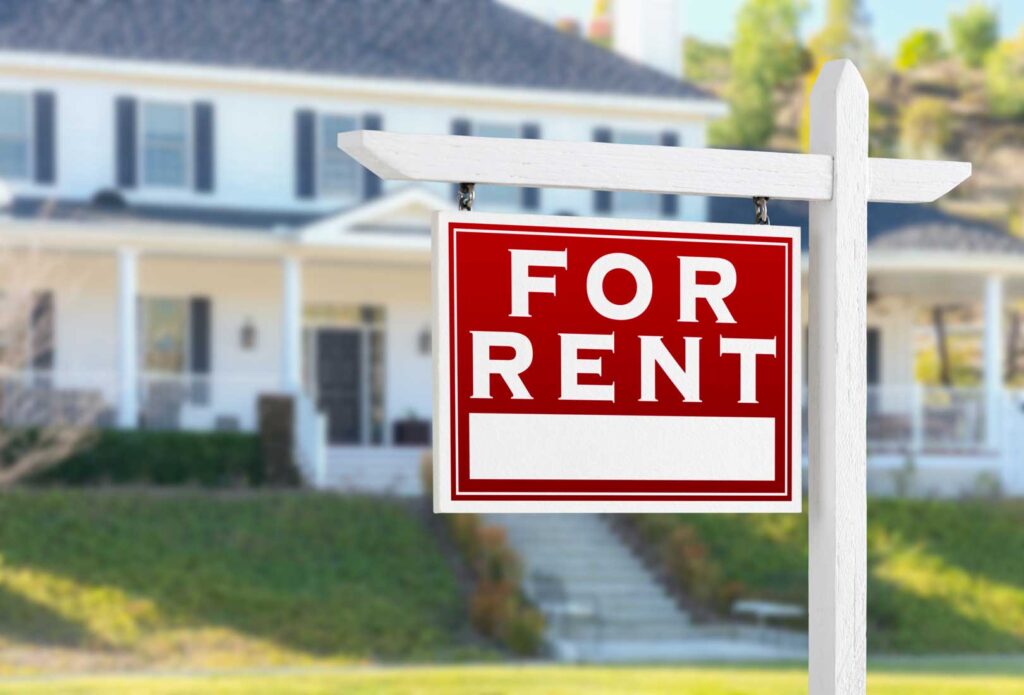Renting a room in your home can serve as a lucrative source of supplementary income. However, it’s critical to understand how this choice may influence your homeowners insurance. With the shift in living arrangement comes a change in how your homeowners insurance applies. Get a Home Insurance Quote
Homeowners Insurance Renting a Room: What Changes?
Typically, homeowners insurance is tailored to cover homes occupied solely by the owner. If you choose to rent a room, you might find that your standard policy isn’t comprehensive enough. As you take on the role of a landlord, there are additional risks your insurance company needs to account for.
You could be held accountable if your tenant or a visitor gets injured on your premises. Furthermore, the potential for property damage may increase, especially if multiple tenants occupy the room over time.
Modifying Homeowners Insurance While Renting a Room
If you decide to rent a room in your home, you may need to adjust your homeowners insurance coverage. Here’s what you might need to consider:
Boost Liability Coverage:
The probability of someone getting hurt on your property escalates with tenants. Upping your liability coverage can financially safeguard you if someone gets injured and holds you responsible.
Contemplate Landlord Insurance:
When renting out a room or the whole house, you should contemplate getting landlord insurance. This type of insurance usually includes property damage, liability coverage, and loss of rental income if the rented space becomes unfit for living due to a covered loss.
Promote Renters Insurance:
Encouraging your tenants to obtain renters insurance can add an extra layer of protection. This type of insurance can cover the tenant’s personal property and liability.
Inform Your Insurance Company:
Be sure to inform your insurer about your intention to rent a room. If you fail to do so, your claims may be denied or your policy could be canceled.
The effect on your premiums hinges on several factors – the size of the rented room, the number of tenants, and the specific coverage adjustments necessary.
Homeowners insurance while renting a room requires careful thought and understanding. Ensure you comprehend all aspects, including how your homeowners insurance gets impacted.
At Culbertson Agency, we are dedicated to assisting Florida homeowners in navigating these intricacies. Get in touch with us today to make sure you have the right coverage.

Frequently Asked Questions
How much does landlord insurance typically cost compared to traditional homeowners insurance?
Landlord insurance often costs more than traditional homeowners insurance due to the increased risks associated with renting out your property. Prices vary depending on factors such as location, property size, and the number of tenants.
What happens if a tenant damages my property intentionally?
Intentional damage caused by tenants may not always be covered by your insurance policy. It’s essential to discuss this concern with your insurance provider to understand what your policy includes.
Will my premiums increase immediately when I start renting out part of my home?
The increase in premiums may not be immediate but usually depends on your policy’s terms and when the changes are reported to your insurer.
What if my tenant refuses to get renters insurance?
While you cannot force your tenant to purchase renters insurance, you can include it as a requirement in your rental agreement to ensure additional protection.
Is my personal property in the rented space covered by my homeowners or landlord insurance?
Typically, your personal property in the rented space won’t be covered by your homeowners or landlord insurance. However, specific policies may offer certain exceptions. It’s best to discuss this with your insurance provider.
Does the duration of the rental period affect my insurance?
Yes, the duration of the rental period can affect your insurance. Short-term rentals may require different coverage than long-term leases. Always consult with your insurance provider when setting up a rental agreement.









